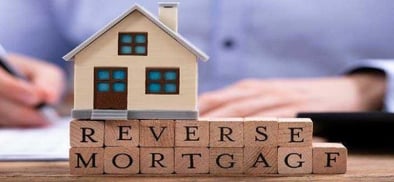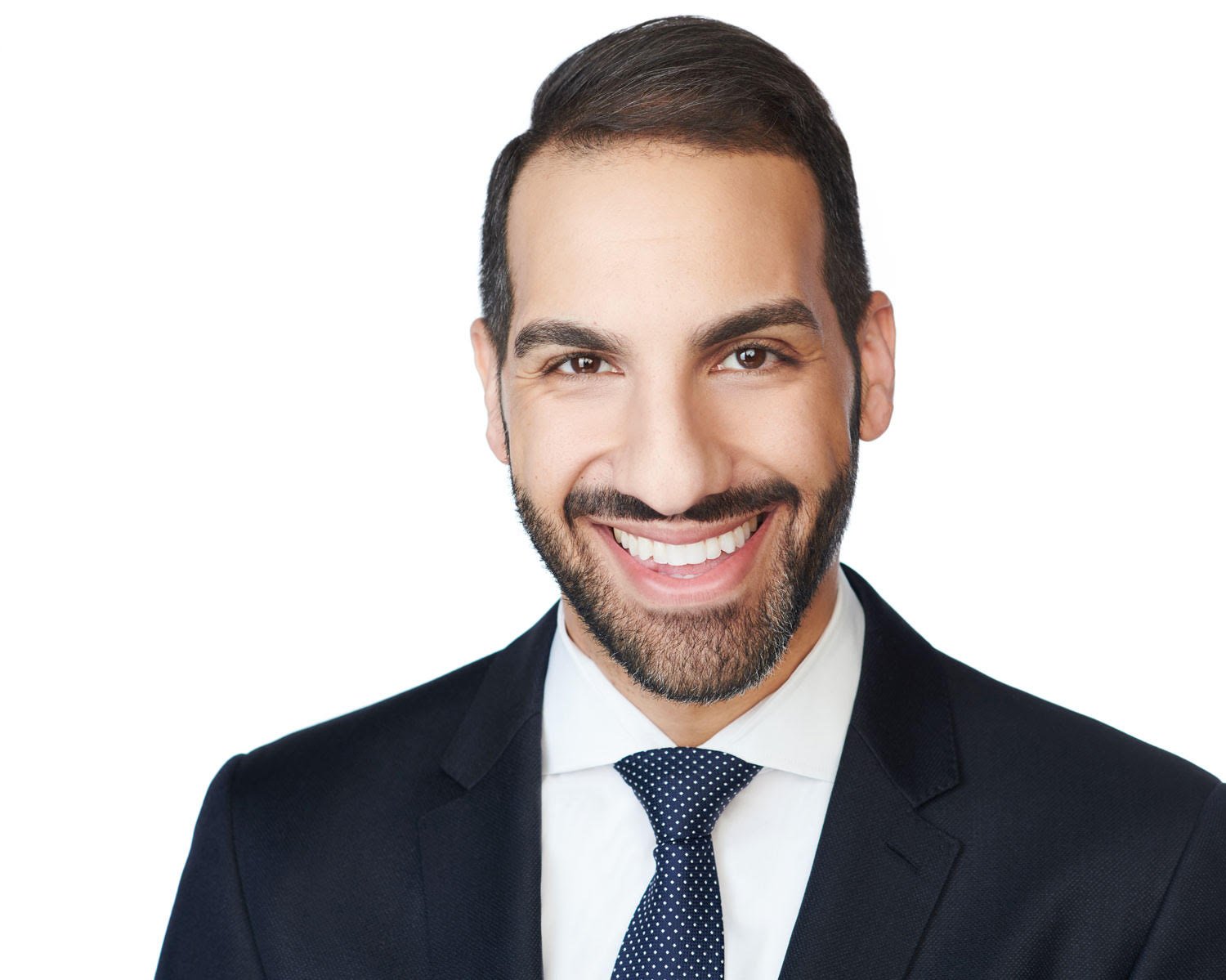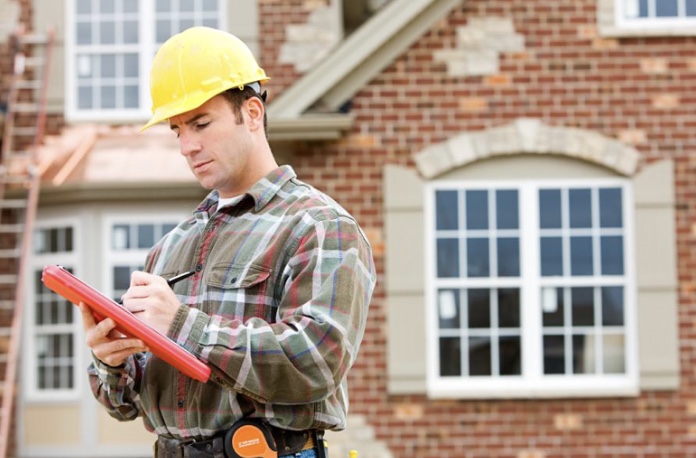understanding reverse mortgage
You’ve seen the ads and heard the hype - but what is a reverse mortgage, how does it work, and who is eligible?
 Source: tatacapital.com
Source: tatacapital.com
A reverse mortgage is a loan available for homeowners age 62 and over who have significant equity in their homes. Seniors borrow against the equity in their homes to have access to cash for cost-of-living expenses. Reverse mortgages allow homeowners to get cash at rates just over 3% per year.
All About Reverse Mortgage
A reverse mortgage is like a conventional mortgage where the lender and the borrower switch places. When you take out a mortgage, you are taking out a loan to buy a home - you repay that loan over an extended amount of time. In a reverse mortgage, you already own your home, and you are borrowing against the equity in your home. In essence, you are getting a loan that you may not ever repay - and the banks know this.
 Source: experian.com
Source: experian.com
Borrowers do not usually repay reverse mortgages. When the borrower moves or passes away, the property is sold (by their heirs in the case of death), and the reverse mortgage is repaid using the funds from the sale.
Reverse mortgages are generally issued through government-insured programs or private non-bank lending institutions. However, be cautious when working with an institution that is not government-insured - they are less regulated and can arguably be some of the worst scams out there. When choosing a reverse mortgage lender, be confident it is with a lending institution you trust.
How Reverse Mortgages Work
The reverse mortgage process is quite simple. If you are at least 62 years old and have around 50% of the property value in equity, or your home is paid off, you typically qualify for a reverse mortgage.
Once you have determined your eligibility, find a reverse mortgage counselor in your area who will help you find the best lender and program.
 Source: smartmortgage.com
Source: smartmortgage.com
After you solidify the loan program, apply for the loan. Just as with any loan, your lender will complete a credit check. They will also review your property, appraise the value, and complete a title check. Once approved, your lender will fund the loan with a lump sum, periodic annuity payments, or a line of credit - this depends on the type of loan, your lender, and your personal needs. Particular loans have restrictions on how the money can be used, while others have no limits.
Government-backed Reverse Mortgage Qualifications
In addition to basic eligibility, government-back reverse mortgages include only condos/townhomes, multi-units with up to four units, single-family homes, and manufactured homes built after 1976. Homeowners must keep their homes in good condition and be current with property taxes and homeowner’s insurance.
Borrowing Limits
Government-backed reverse mortgages prohibit homeowners from borrowing up to the property’s appraised value. Alternatively, borrowers are only eligible for a portion of the property’s value. Borrowing limits are also based on the borrowers’ credit and age, and loan interest rate.
Is a Reverse Mortgage The Right Choice For You?
There are many factors to consider when deciding if a reverse mortgage is right for you. As you contemplate if this is the right move, consider which of the three types of loans fits your needs.
 Source: myhecm.com
Source: myhecm.com
Proprietary reverse mortgages, single-purpose reverse mortgages, and Home Equity Conversion Mortgages (HECM) have different interest rates, lend different amounts, and have various restrictions.
Khalil El-Ghoul
Khalil El-Ghoul is a seasoned real estate broker actively helping sellers and buyers throughout Northern Virginia, DC, and Maryland. Known for his no-nonsense approach, Khalil combines expert market insight with honest, objective advice to help buyers and sellers navigate every type of market—from calm to chaotic. If you’re looking for clarity, strategy, and a trusted partner in real estate, he’s the one to call. 571-235-4821, khalil@glasshousere.com








